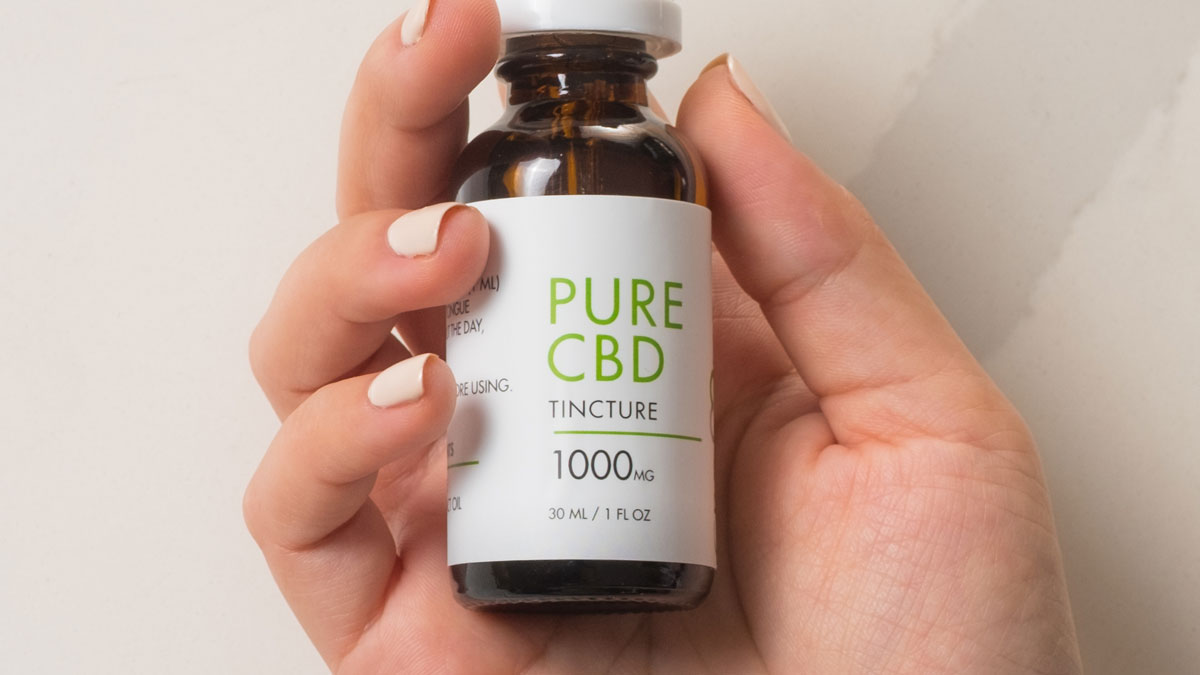Cannabidiol (CBD), a non-psychoactive compound derived from the cannabis plant, has gained significant attention for its potential therapeutic benefits. Among its many applications, CBD’s role in appetite regulation has sparked interest in both scientific communities and among wellness enthusiasts. This article explores the science behind CBD and its effects on appetite, diving into the mechanisms, research findings, and potential benefits for those seeking to manage their eating habits.
What is CBD?
CBD is one of over 100 cannabinoids found in the cannabis plant. Unlike tetrahydrocannabinol (THC), the compound responsible for the psychoactive “high” associated with cannabis, CBD does not produce intoxicating effects. Instead, it interacts with the body’s endocannabinoid system (ECS), a complex network of receptors and signaling molecules that regulate various physiological processes, including appetite, mood, pain, and sleep.
The ECS consists of two primary receptors: CB1: predominantly found in the brain and central nervous system, and CB2: more common in the immune system and peripheral tissues. CBD’s interaction with these receptors, along with other pathways, is key to its potential influence on appetite regulation.
How Does CBD Affect Appetite?
The relationship between cannabis and appetite is well-known, often associated with the “munchies” caused by THC. THC directly activates CB1 receptors in the brain, stimulating hunger and increasing food intake. However, CBD’s effects on appetite are more nuanced and less straightforward. Unlike THC, CBD does not directly bind to CB1 receptors but modulates their activity indirectly, leading to varied outcomes depending on individual factors and the context of use.
CBD and the Endocannabinoid System
The ECS plays a critical role in maintaining homeostasis, including the regulation of hunger and satiety. Endocannabinoids like anandamide and 2-AG bind to CB1 receptors to signal hunger or promote energy storage. CBD influences this system by:
- Modulating CB1 Receptor Activity: CBD acts as an allosteric modulator, meaning it can alter the shape or activity of CB1 receptors, potentially reducing their sensitivity to other cannabinoids like THC or endocannabinoids. This modulation may help balance appetite signals.
- Increasing Anandamide Levels: CBD inhibits the enzyme FAAH (fatty acid amide hydrolase), which breaks down anandamide. Higher anandamide levels may enhance feelings of well-being and indirectly influence appetite.
- Interacting with Non-ECS Pathways: CBD also interacts with serotonin receptors (5-HT1A), TRPV1 receptors, and other pathways that regulate mood, stress, and digestion, all of which can affect eating behavior.
CBD’s Dual Effect on Appetite
Research suggests CBD may have a biphasic effect on appetite, meaning it can either stimulate or suppress hunger depending on the dose, individual physiology, and underlying conditions. For example:
- Appetite Stimulation: In some cases, CBD may promote appetite by reducing nausea or improving mood, making food more appealing. This is particularly relevant for individuals undergoing treatments like chemotherapy, which often suppress appetite.
- Appetite Suppression: CBD may also reduce appetite in certain contexts, particularly in cases of overeating driven by stress or anxiety. By calming the nervous system and reducing stress-related cravings, CBD may help individuals make more mindful food choices.
Scientific Evidence on CBD and Appetite
While research on CBD and appetite is still emerging, several studies provide insights into its effects:
- Animal Studies: A 2012 study published in Psychopharmacology found that CBD reduced food intake in rats by modulating CB1 receptor activity. However, the effects varied depending on the dose, with low doses showing minimal impact and higher doses reducing appetite more significantly.
- Human Studies: A 2018 review in Frontiers in Pharmacology highlighted CBD’s potential to regulate appetite in individuals with conditions like cancer or HIV/AIDS, where appetite loss is common. The review noted that CBD’s anti-nausea and mood-enhancing effects could indirectly support healthy eating habits.
- Obesity and Metabolic Health: A 2016 study in Molecular and Cellular Biochemistry explored CBD’s effects on fat browning, a process that converts white fat (which stores energy) into brown fat (which burns energy). This suggests CBD may support metabolic health, potentially aiding weight management.
While these studies are promising, more clinical trials are needed to fully understand CBD’s effects on appetite in diverse populations. Factors like dosage, delivery method (e.g., CBD oils, CBD capsules, CBD edibles), and individual health conditions play a significant role in outcomes.
Potential Benefits of CBD for Appetite Regulation
CBD’s potential to influence appetite offers several benefits, particularly for individuals with specific health conditions or wellness goals:
- Supporting Appetite in Medical Conditions: CBD may help individuals with conditions like cancer, HIV/AIDS, or eating disorders by reducing nausea and improving appetite. Its calming effects can also alleviate anxiety-related appetite loss.
- Reducing Stress-Related Overeating: Chronic stress and anxiety often lead to emotional eating. By interacting with serotonin receptors, CBD may reduce stress and help individuals avoid compulsive eating behaviors.
- Promoting Metabolic Health: Preliminary research suggests CBD may enhance fat browning and improve insulin sensitivity, potentially aiding weight management and reducing the risk of obesity-related conditions.
- Improving Gut Health: CBD’s anti-inflammatory properties may support gut health, which plays a crucial role in appetite regulation. A healthy gut microbiome can influence hunger hormones like ghrelin and leptin.
How to Use CBD for Appetite Regulation
If you’re considering CBD for appetite regulation, here are some practical tips:
- Choose the Right Product: CBD is available in various forms, including oils, capsules, gummies, and vapes. Oils and tinctures offer precise dosing, while edibles provide longer-lasting effects.
- Start with a Low Dose: Begin with a low dose (e.g., 5-10 mg per day) and gradually increase until you find the optimal amount for your needs. Consult a healthcare professional for personalized guidance.
- Consider Timing: Taking CBD before meals may help reduce nausea or stress-related cravings, while post-meal doses may support digestion and satiety.
- Select High-Quality Products: Look for third-party tested CBD products from reputable brands to ensure purity and potency. Full-spectrum CBD, which contains other cannabinoids and terpenes, may offer enhanced benefits due to the entourage effect.
- Monitor Your Body’s Response: Keep a journal to track how CBD affects your appetite, mood, and overall well-being. This can help you fine-tune your dosage and usage.
Safety and Considerations
CBD is generally well-tolerated, but there are important considerations:
- Side Effects: Common side effects include drowsiness, dry mouth, and mild digestive issues. These are typically dose-dependent and subside with time.
- Drug Interactions: CBD can interact with medications metabolized by the liver’s cytochrome P450 enzymes. Consult a doctor if you’re taking medications like blood thinners or antidepressants.
- Legal Status: CBD derived from hemp (containing less than 0.3% THC) is legal in many countries, but regulations vary. Check local laws before purchasing or using CBD.
- Quality Control: Poor-quality CBD products may contain contaminants or inaccurate CBD levels. Always choose products with transparent lab reports.
Conclusion
The science of CBD and appetite regulation is a fascinating area of research with promising implications for health and wellness. By interacting with the endocannabinoid system and other pathways, CBD may offer a natural way to support healthy eating habits, whether by stimulating appetite in medical conditions or reducing stress-driven overeating. While more research is needed to fully understand its effects, current evidence suggests CBD could be a valuable tool for those seeking to manage their appetite.
If you’re considering CBD, start with a low dose, choose high-quality products, and consult a healthcare professional to ensure it’s right for you. With its potential to balance appetite and promote overall well-being, CBD is a compelling option in the world of natural health.
Realize the potential of CBD and potential wellness benefits. Shop online CBDMagic today for Canada’s best organic CBD oil.


